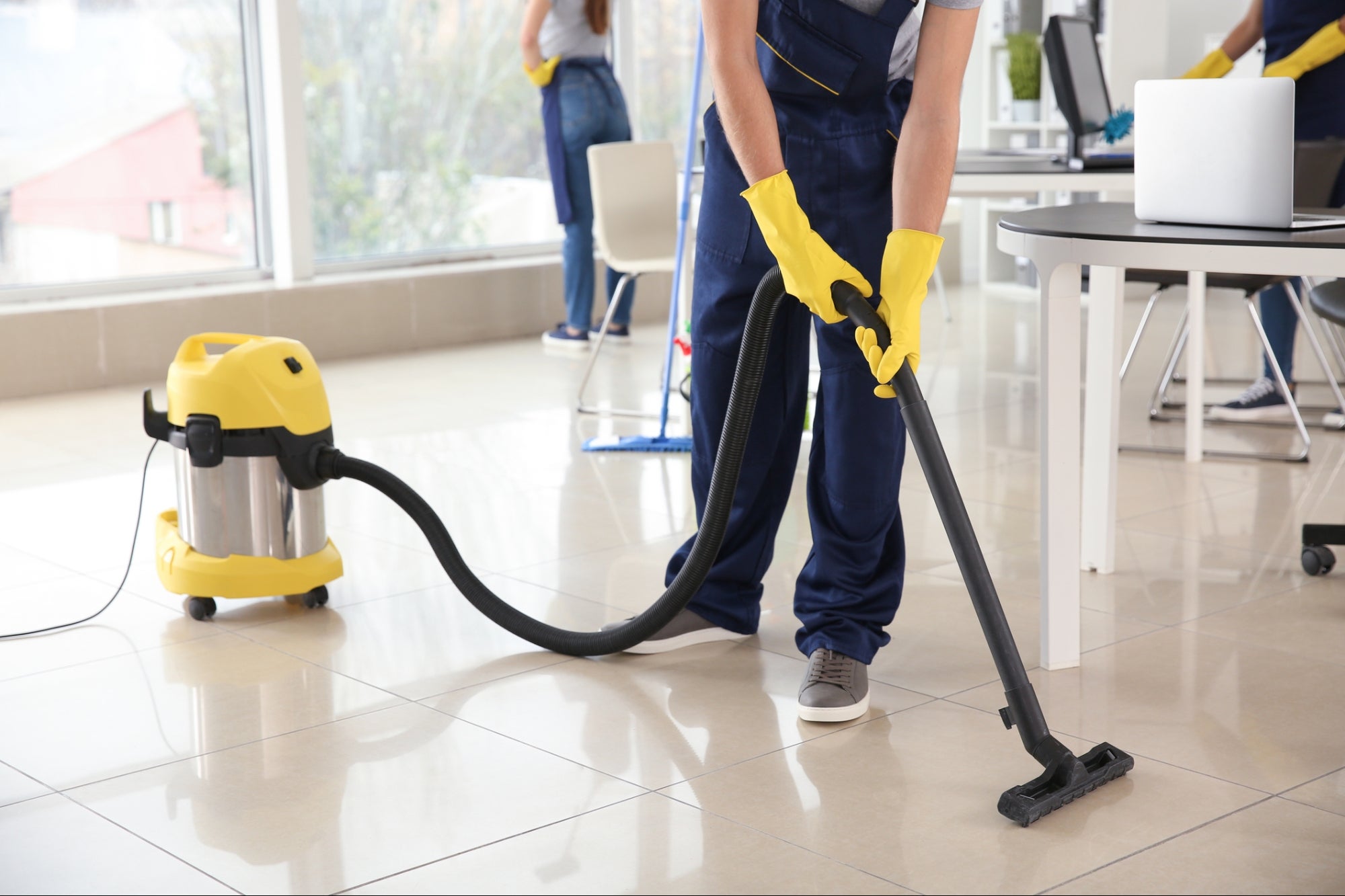5 Tips to Prevent Getting Screwed by an Overseas Manufacturer How do you find that trustworthy company and how do you protect yourself from the laundry list of potential problems?
By Adam Callinan Edited by Jason Fell
Our biggest sale — Get unlimited access to Entrepreneur.com at an unbeatable price. Use code SAVE50 at checkout.*
Claim Offer*Offer only available to new subscribers
Opinions expressed by Entrepreneur contributors are their own.

So you've started a new business, or at least have the idea for one, that's going to make and sell a physical product. But here's the bad news: There aren't any domestic manufacturers that can create it for you. The good news is that you're not completely stuck, as there is a manufacturer somewhere for you. The question then becomes how do you find that company and how do you protect yourself from the laundry list of potential problems?
Prior to getting into the weeds too much, I will clarify that there is an entire industry built around helping you find and engage overseas manufacturers and companies that will even oversee the entire process for you. The difficulty for startup founders is that, unless you've raised a ton of money -- which will be rather hard without a product in hand with sales that prove the market -- you won't be producing a large enough quantity for an engagement to make sense, or you won't be able to afford the services.
Related: Have an Invention? Here's How to Make It Into an Actual Product. (Infographic)
When trying to find a manufacturer, it's always best to leverage anyone in your network that might have experience with an overseas manufacturer, whom then would be able to make an intro to someone that's considerably more trustworthy that a company you find on the Internet. In reality, this probably isn't the case, so instead go to Alibaba.com and find manufacturers that have the ability to manufacture your product. Here are five tips to make the process smoother:
1. Find five potential manufacturers.
Reach out to a group of five manufacturers, engage them on minimum order quantities and be sure to sell them on the potential growth in your company -- request to lower your order minimum from 10,000 to 5,000 on the first order, then commit to 10,000 on the second and grow well beyond on the third. Manufacturers are typically motivated by potential growth.
Be sure that they've been "verified" by Alibaba and been in the system for at least a few years so you don't end up engaging a manufacturer that doesn't really exist.
2. If your product is proprietary, ask for an NDA.
Regardless of whether a non-disclosure agreement in China has validity is a point for another discussion -- although if done correctly, it is very enforceable. Instead, use it to flush out bad potential partnerships by asking all five manufacturers to sign one. Of the five, you're only likely to get two or three to agree, and those are the ones you want to move forward with -- the thought being that if they're just not willing to sign one, it is not likely the manufacturer you want to work with.
Related: What China's Stock Market Troubles Mean for U.S. Entrepreneurs
3. Pay attention to communications.
It's important to understand how responsive the manufacturer is and how well its staff communicates. This is crucial because you don't want to find yourself in a situation where you're depending on a manufacturer that takes three days to respond to an email, nor do you want to be dependent on someone that doesn't effectively speak, or at least write, in English.
Pay particular attention to those that reply well in English but don't directly answer your questions -- this more than likely means they don't understand and are using "canned" phrases.
4. Make your decision.
After you've weeded your group down to the remaining few, get serious about pricing and time commitments for a manufacturing run, while keeping in mind that whatever time they tell you, will be, for planning purposes, doubled. You can always deliver to your customers ahead of schedule -- they'll love you for it.
5. Quality control is key.
Being that it's pretty unlikely you're going to head to China to personally inspect a completed manufacturing run, and you definitely cannot ever rely on the company doing it correctly and up to the quality of your prototypes, you'll need to pay someone to inspect on your behalf prior to making the final payment and the product being released to the shipper.
There are a couple of options such as Stephen Gould and Bamko, whom have the ability to mobilize feet on the ground overseas for a quality control inspection for a surprisingly reasonable expense. This point is an absolute must to ensure that you don't end up with product that you can't use or sell.
Related: 5 Questions Entrepreneurs Should Ask When Choosing a Manufacturer












